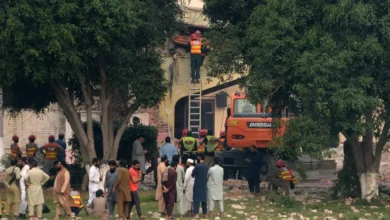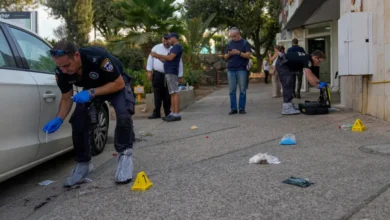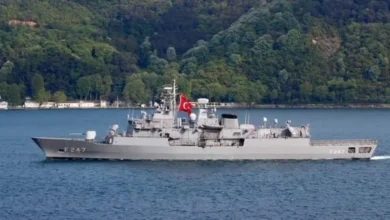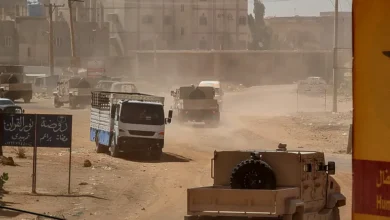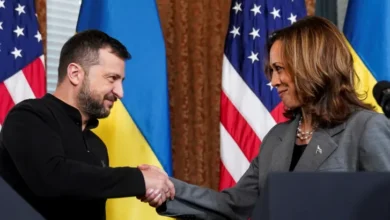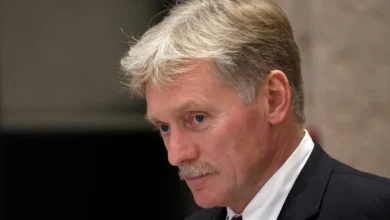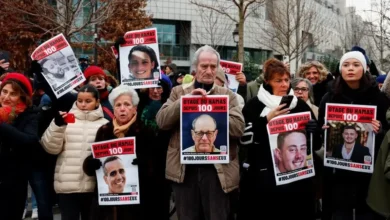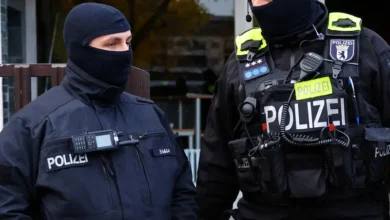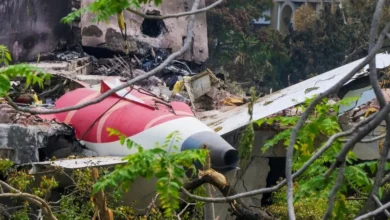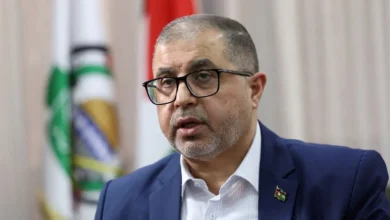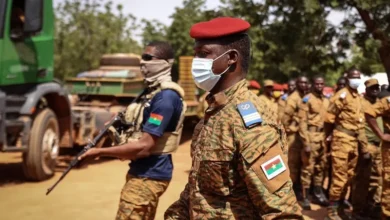Aid delivery in Gaza is nearly impossible. Why hasn’t the US intervened?
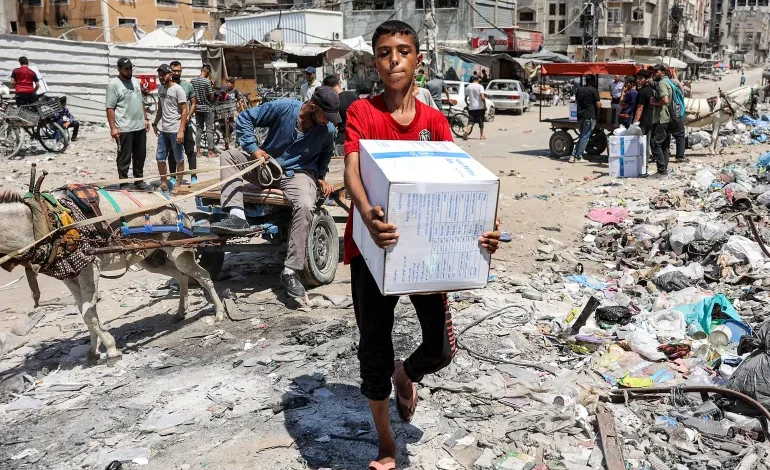
The United Nations is warning that the threats to aid delivery in Gaza are reaching crisis levels, as Israel continues to wage war in the Palestinian enclave.
But advocates say the United States — a critical ally of Israel and the largest donor to the UN — has been conspicuously silent.
On Monday, a UN official said the organisation was forced to pause almost all aid operations in Gaza after Israel issued another raft of wide-ranging evacuation orders.
And on Wednesday, the UN’s World Food Programme announced it would temporarily halt employee travel in Gaza after one of its vehicles came under attack as it neared an Israeli checkpoint.
Advocates say the US has a duty to speak up, particularly as childhood malnutrition surges in Gaza and cases of polio — a preventable but highly contagious disease — spread.
“The United States government has run out of words and hasn’t even issued its usual performative statements to comment on the UN suspension of its aid operations in Gaza,” said Raed Jarrar, the advocacy director at Democracy for the Arab World Now (DAWN), a human rights nonprofit based in Washington, DC.
Legal experts say blocking humanitarian aid to civilians and attacking aid workers could amount to war crimes under the Geneva Convention.
The UN is also warning of a dire toll on Gaza’s civilians. Its Office for the Coordination of Humanitarian Affairs (OCHA) documented a spike in acute malnutrition among Gaza’s children from May to July — including a 300 percent increase in the enclave’s north. In the south, the rate more than doubled.
As the UN gears up to launch a massive polio vaccination drive, Hassan el-Tayyab — the legislative director for Middle East policy at the Friends Committee on National Legislation, a nonprofit — said the inability to deliver basic necessities could compound the health crisis.
‘Use the bully pulpit’
On Wednesday, the World Food Programme revealed that one of its vehicles was hit 10 times by Israeli gunfire in Gaza — despite being clearly identifiable and on a “fully coordinated” humanitarian mission.
The two staff members inside were unharmed, saved by the vehicle’s bullet-proof glass. The agency nevertheless said it was pausing the movement of its employees until further notice.
Just one day prior, Gilles Michaud, the UN’s under-secretary-general for safety and security, warned that, while humanitarian operations were able to resume in Gaza, aid workers were “operating at the upper-most peripheries of tolerable risk”.
Michaud also accused Israel of giving inadequate warning to aid workers in case of attack.
He explained that, over the weekend, Israel’s military “gave just a few hours’ notice to move more than 200 UN personnel out of their offices and living places in Deir Al Balah, a crucial humanitarian hub”.
“Mass evacuation orders are the latest in a long list of unbearable threats to UN and humanitarian personnel,” Michaud said.
Given the recent reemergence of polio in Gaza, the UN issued an appeal last week for a seven-day “humanitarian pause” in the war, to allow both aid and humanitarian workers to circulate within the enclave safely.
Advocates like el-Tayyab believe the administration of US President Joe Biden can be a critical force in making that pause a reality.
“Diplomatic pressure is absolutely huge,” el-Tayyab said. “Biden should use the bully pulpit to call for the seven-day polio pause right now.”
On Tuesday, US Senator Chris Van Hollen also joined the UN’s appeal for a seven-day pause in the fighting, so that inoculants could be administered to the approximately 640,000 children in Gaza.
The UN has called for an “immediate pause”, Van Hollen wrote on the social media platform X. “[Biden] should do the same. As we work towards a permanent ceasefire [and] return of hostages, we must stop the spread of polio now.”
Emphasis on ceasefire talks
The Biden administration has signalled it is willing to back efforts to combat polio in the enclave.
The Biden administration has instead focused its diplomacy in large part on reaching an elusive ceasefire agreement. US officials have repeatedly said a ceasefire would allow for increases in aid to Gaza.
Speaking at the Democratic National Convention on August 19, Biden said the administration was working “around the clock” to “prevent a wider war” in the region.
Part of the goal, he explained, was to “surge humanitarian health and food assistance into Gaza now” and “to end the civilian suffering of the Palestinian people”.
Two days later, Biden held a call with Israeli Prime Minister Benjamin Netanyahu. A White House read-out of their conversation mentioned “ongoing US efforts to support Israel’s defense” as well as “the urgency of bringing the ceasefire”.
The summary did not mention the immediate need for humanitarian aid access in Gaza.
